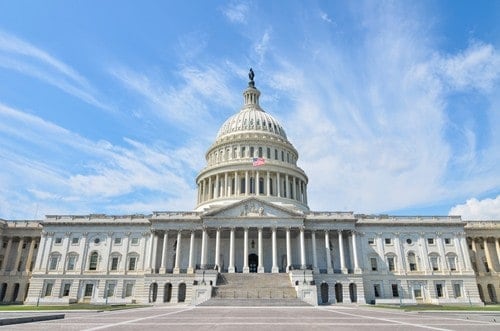When one thinks of a terrorist attack, the first thing that often comes to mind is the damage to property – collapsed bridges, destroyed buildings and rubble in the streets. However, insurance professionals across the country are more concerned about another area: workers' compensation insurance.
A recent panel of insurance industry members discussed the problems surrounding the current Terrorism Risk Insurance Reauthorization Act, or TRIA, set to expire at the end of 2014, as reported by Business Insurance. TRIA helps relieve the financial burden of a major terrorist attack, combining private and federal funds to cover costs. This directly impacts current pricing and other actions taken by insurance providers. Without it, it would mean changes for the system.
The upcoming deadline has spawned conversation in the insurance community. The discussion has centered around workers' compensation, due in part to the requirement that all insurers include terrorism in each worker's comp policy, Business Insurance explained. This would mean a TRIA expiration would greatly affect this segment.
Panel attendees included members of major insurance providers, risk managers and consultants involved in the industry. Some felt that the end of TRIA would facilitate terrorism exclusions in workers' comp policies, Business Insurance reported. State regulators would have to analyze current rules and make changes, which would impact insurance agencies and employers with worker's comp. This makes the upcoming TRIA deadline that much more important.
No TRIA? Changes could be coming
The insurance industry is keeping a close eye on TRIA's developments, and a recent study from the Rand Corporation looked into potential scenarios should TRIA disappear.
In an abstract of the findings, Rand explained that the workers' compensation insurance market would be different without the terrorism backstop. Specifically, reinsurers would be put in a position to either provide more coverage for terrorism exposure, such as losses from nuclear, biological, chemical or radiological attacks. If they don't make changes, insurance agencies would then be more likely to deny coverage to employers who are in areas considered "hotspots" for terrorist activity.
Naturally, workers' compensation costs could also rise without TRIA, Rand explained. It would also change how terrorism losses are paid for. With TRIA, the federal government can provide assistance. Without it, employers and taxpayers would have to pick up a larger portion of the expenses.
Looking at life without the backstop can help plan for a future where terrorism is a key consideration in workers' compensation insurance.



